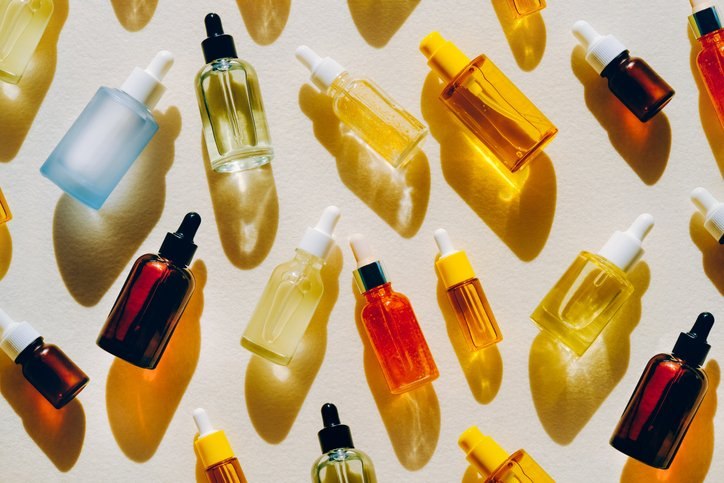
Online or offline: How do consumers prefer to shop for beauty products?
The pandemic steered businesses towards digital, but two years on, do consumers tend to shop online or in-store for health and beauty products? Data from YouGov’s newest tool, Global Profiles, reveals consumers’ purchase preferences within the sector. Global Profiles tracks consumer thoughts, feelings, behaviours and habits, and monitors global trends and media consumption across 43 markets.
In this piece, we look at 24 countries from all the markets surveyed in Global Profiles. A quarter of global consumers say they split their health and beauty product purchases equally between online and offline stores (23%).
Around one in ten global consumers (10%) say they tend to make all their purchases for health and beauty products online while around twice as many say they shop mostly online (22%). r Over one in ten consumers say they tend to shop mostly (16%) or all offline (15%).
Consumers in China and India are more likely than global respondents to say they shop entirely online (16% and 13% respectively) and lead the way in this kind of behaviour, while 10% of Vietnamese consumers are likely to do so. However, shopping completely online is less popular in other Asian markets – in Singapore the number sits at 5% while Hong Kong bottoms out this list with fewer than one in 20 consumers (2%).
The inability to test cosmetic products online could be a significant factor behind a higher proportion of consumers preferring to shop in-store. The European markets feature lower on the list of consumers who tend to purchase beauty products mostly online. Consumers in these markets reveal that they more often tend to shop completely offline – Switzerland (37%), Germany and France (32% each).
North American markets are most likely to say that they shop completely offline with over a third of Canadians (32%) and Mexicans (33%) preferring an in-person shopping experience. The figure drops slightly among Americans where nearly a quarter (24%) say they buy their health and beauty products exclusively from a brick-and-mortar store.
Markets in South America, like their North American counterparts, are also more likely to say they make all their health and beauty purchases offline – Argentina (28%) and Colombia (24%). However, consumers in Brazil are more likely to say that they tend to split their purchases equally between online and offline (24%), followed by ‘all offline’ (21%).
A few markets where offline purchases register a lower figure include China (5%), Vietnam (7%), India, Singapore and Saudi Arabia (11% each).
Further analysing the data by age suggests that there might be a generational divide between consumers who tend to make most of their purchases offline versus those who tend to shop online. Older consumers still prefer the traditional way of shopping with more than a quarter of 55+ (26%) saying they purchase all their health and beauty products offline. 35-44-year-olds and 45-54-year-olds are evenly split in their online or offline shopping habits (27% and 25%, respectively). A similar share of consumers aged 18-24 and 25-34 say they are most likely to shop mostly online (25% and 26% respectively).
Receive monthly topical insights about the retail industry, straight to your inbox. Sign up today.
Discover more retail content here
Want to run your own research? Start building a survey now
Methodology: YouGov Global Profiles is a globally consistent audience dataset with 1000+ questions across 43 markets. The data is based on continuously collected data from adults aged 16+ in China and 18 and over in other markets. The sample sizes for YouGov Global Profiles will fluctuate over time, however the minimum sample size is always c.1000. Data from each market uses a nationally representative sample apart from India and UAE, which use urban representative samples, and China, Egypt, Hong Kong, Indonesia, Malaysia, Morocco, Philippines, South Africa, Taiwan, Thailand and Vietnam, which use online representative samples. Learn more about Global Profiles.